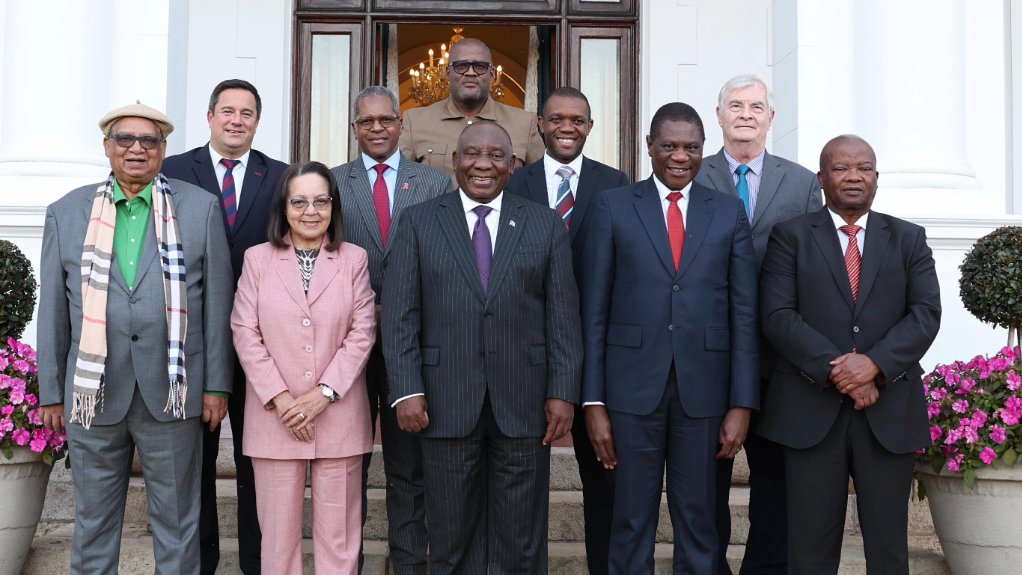President Cyril Ramaphosa said on Monday government is seeking to establish a culture of openness and dialogue among members of the Government of National Unity (GNU).
On Friday Ramaphosa signed the Basic Education Laws Amendment (BELA) Bill into law, despite a significant degree of public rejection, and concern over its constitutionality, as well as threats that the GNU would be destabilised should he sign it.
After consultation, Ramaphosa placed on hold clauses 4 and 5 of the Bill for three months to find solutions to the concerns around them. Should no solutions be found, the Bill would be implemented fully, he said.
“At times, agreement can be reached when matters come to a head at the last minute enabling all parties to focus on finding solutions and discovering that there is more that unites them than what separates them,” he said.
He said while government could not guarantee that the parties that had requested timeout to engage on the Bill would reach agreement on every difficult issue, efforts must be made to find common ground.
“Even as the leaders were meeting last week, some parties in the GNU were publicly urging me not to sign the Bill, while others were saying that I should sign the Bill,” he said.
Once a Bill has been passed by Parliament, the President must either assent to the Bill or, if they have reservations about its constitutionality, refer it back to Parliament.
“Since, after considering all the various submissions, I had no such reservations about the BELA Bill, the Constitution obliged me to assent to it,” he said.
He said he was convinced that the GNU was essential for the growth and development of the country and that it would not only survive, but that it would thrive.
Last week, the leaders of the parties that form the GNU met to reflect on how the GNU was working, with Ramaphosa affirming that leaders believed it was progressing positively, with everybody playing a constructive role.
Following the May elections, ten parties represented in Parliament signed a Statement of Intent committing themselves to work together in government and Parliament to advance the country’s interests.
The parties agreed to certain fundamental principles, including to respect the Constitution and the rule of law and to promote accountability, transparency, integrity and good governance.
Ramaphosa noted that there were issues on which leaders disagreed and there would be times when differences between the parties would become more apparent, however, he said what was significant and most welcome was that the members of the Executive had undertaken their work as part of a Cabinet collective.
“…although they are drawn from different parties, they have pursued the common GNU programme. They have worked in a spirit of cooperation and collaboration as Cabinet colleagues to serve the interests of the South African people,” he said.
He highlighted that Ministers and Deputy Ministers had been focused not on the interests of their respective parties, but on the common mandate they have received to build and develop the country.
EMAIL THIS ARTICLE SAVE THIS ARTICLE ARTICLE ENQUIRY
To subscribe email subscriptions@creamermedia.co.za or click here
To advertise email advertising@creamermedia.co.za or click here











